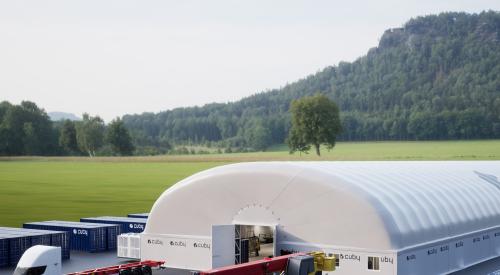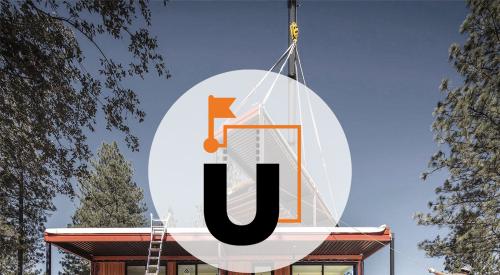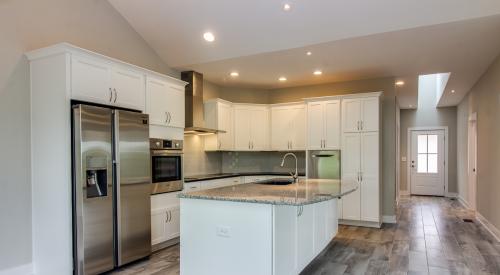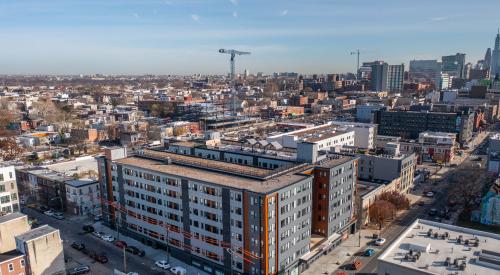Imagine a home not as a simple shell that contains and has technology attached to it, but as a piece of technology itself. It changes the entire perspective of what a house is, and it makes many current homes suddenly look a lot less innovative.
Homes today, even ones with an ultra-modern aesthetic, are, from a technological standpoint, massive 1980s cell phones masquerading as something more technologically advanced. That is because homes, as a whole, have undergone design changes, but very few of those changes have worked to improve the functionality and efficiency of a home and the homebuilding process. For example, there are only 14,000 net-zero homes across the entire United States, as atelier.net reports. Why hasn’t this process of both constructing homes in a more efficient manner and designing the homes themselves to be more efficient become more widespread?
That is the exact question that venture-backed startup Acre Designs is asking. And it’s a question they seem to already have an answer for. Acre Design has designed a more efficient and environmentally friendly building process and end product. Their houses consume 90 percent less energy and around 70 percent less water than traditional houses and are constructed with photovoltaic panels on the roof to cover the difference, meaning utilities will be drastically reduced or eliminated entirely.
Additionally, Acre Design’s process uses sustainable materials to create a healthy environment inside the home and their construction process keeps waste to a minimum.
The process is laid out a bit like purchasing a giant Lego set. The company packs all the different components of a given house into a single shipping container and then sends them out to the plot of land where the house is to be built. Contractors, who take on a role relative to Acre Designs as car dealerships do with an automobile manufacturer, then begin to piece the home together. The result is a home that is not just a shell, but also a piece of technology itself, working to make the lives of the family living within it easier and more hassle-free.
The company is currently targeting a more high-end segment of the market with homes that range from $400,000 to $500,000, but by 2017 Acre Designs hopes to begin reaching out to a wider market with a more affordable design that doesn’t compromise on efficiency.












